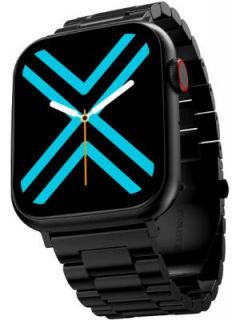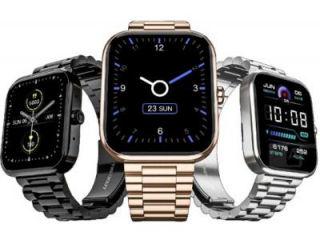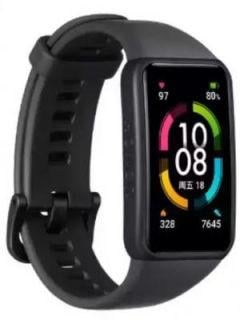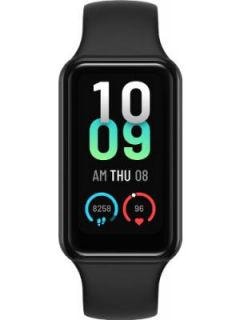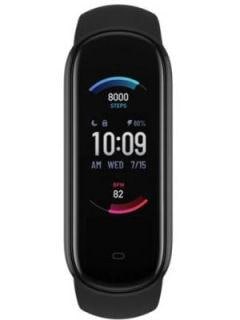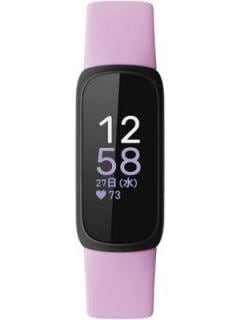I Have Had Some Trouble Hearing. Then I Tried These New Glasses - EssilorLuxottica.
EssilorLuxottica has combined function and style into a product that can help those who suffer from mild to moderate hearing loss without a bulky earpiece.
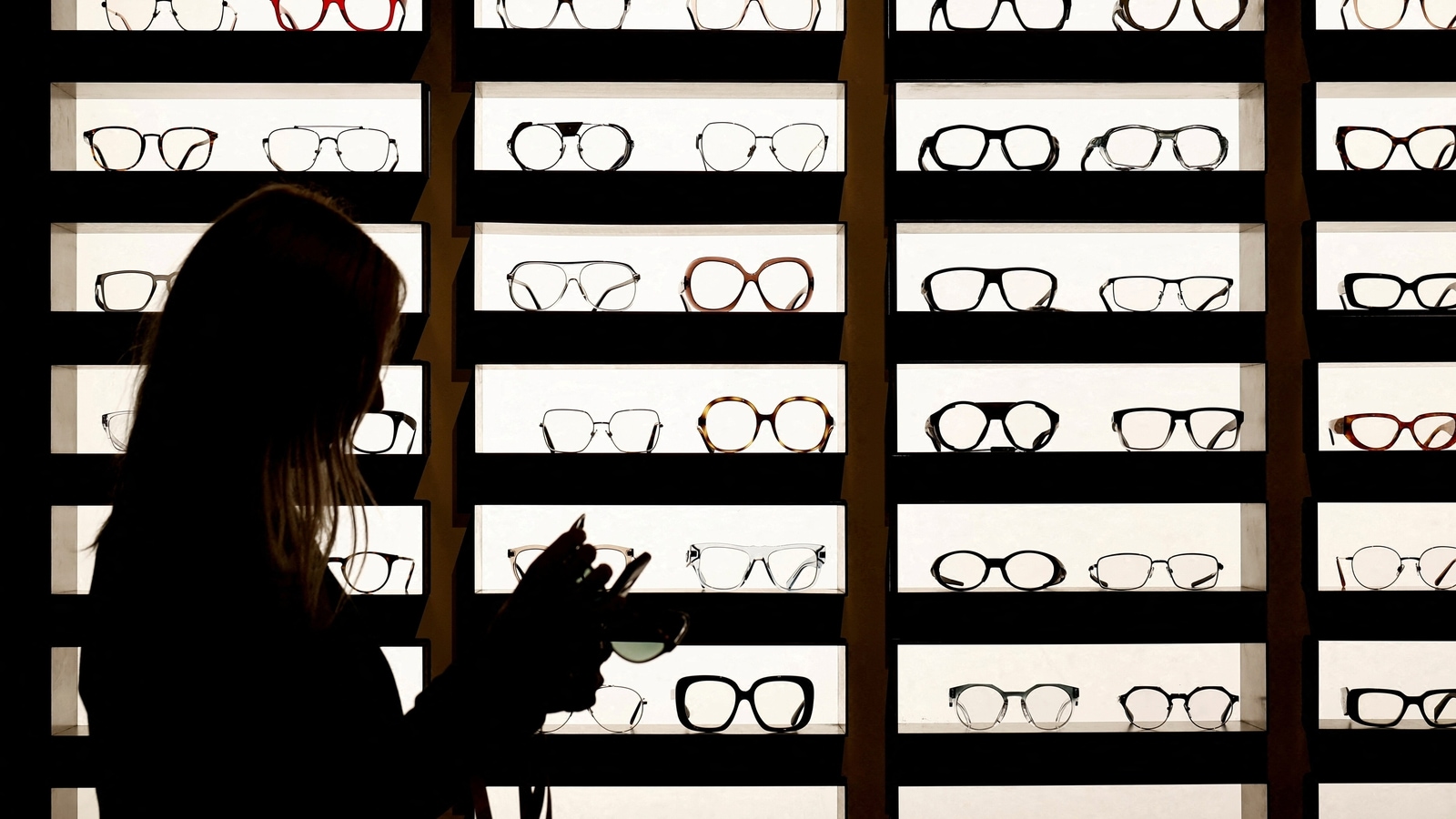
Earlier this year, my left ear, previously every bit as capable as my right, started letting me down. I at first had many explanations for this — a buildup of ear wax, some side effect of a sinus infection or a prolonged reaction to a lot of flying recently. It took a specialist to break it to me that I had joined the ranks of 1.25 billion people in the world who suffer from mild to moderate hearing loss.
Why it has happened is still unclear. To eliminate one possibility, the doctor gave me a prescription and told me to come back in two weeks. In the meantime, he suggested I try to avoid loud noises. As I emerged onto Park Avenue, that seemed like cruel joke. The only way to truly avoid noise in New York, clearly, is to go a bit deaf.
What would that mean for me, though? Already I had become a person who would subtly try to position myself in ways to maximize my ability to hear clearly, putting as many people to my right side as possible, sometimes requiring some rapid and frank assessments about who in a group might be the most interesting.
We are now on WhatsApp. Click to join.
“Think about a hearing aid,” the doctor said when I went in for my follow-up exam. I'm a 36-year-old technology journalist. This isn't the kind of wearable tech I typically consider. Hearing aids are expensive — sometimes a few thousand dollars per ear. And, more to the point, they're hearing aids. I decided I would find ways to manage without one for as long as was practical. Eventually, I've lied to myself, I'll hit some undefined age when a hearing aid will seem more appropriate.
Weeks later, I attended a lunch event promoting next year's CES, the enormous annual consumer electronics event held in Las Vegas. In a previous job, I had visited the show for 10 consecutive years, growing steadily more skeptical that any innovation of real consequence could be found there. This lunch was an attempt by organizers to convince journalists that the show was still relevant by inviting some exhibitors to discuss the products they planned to unveil. I decided to hear what they had to say (made easier by the fact my assigned seat put the speakers' podium to my right).
Every so often at tech events you'll see someone who is particularly stylish and hazard a guess that they are a temporary visitor from that other planet known as the fashion industry. It's usually an ominous sign: Either a tech company has drafted some luxury designers to make good tech “fashionable,” or a luxury brand has drafted some nerds to make their gorgeous designs “smart.” Both approaches are notoriously difficult — even Apple gave up positioning the Apple Watch as a piece of luxury fashion and instead leaned into its utility as a fitness tracker.
Stefano Genco, one of speakers, was not only stylish but Italian. He holds the position of global general manager of “Super Audio” at EssilorLuxottica SA, the Milan-based world leader in eyewear and advanced lenses, responsible for brands such as Ray Ban, Oakley and Oliver Peoples. The company's product on show at CES, Genco said, will be its first pair of designer glasses with built-in hearing enhancers. That had my attention — not least because, during the presentation, Genco had been wearing the glasses in question in what may well have been the first time in recorded history that the wearing of smart glasses wasn't immediately obvious. Afterward, I told Genco of my situation. We arranged to meet for a coffee later that week.
Let me tell you what it's like having mild hearing loss. A test revealed that accurate comprehension of speech by my left ear was at about 80% compared with perfectly fine hearing in my right. That might not seem like a lot, and in most situations, it's not. But in social settings, that 20% is profound. Hearing specialists call it the “cocktail party problem.” When you can't catch every word, or you mishear similar ones, your brain is put to work in ways that seem to come at the expense of the ability to listen sincerely, offer inquisitive questions or deliver a quick witty response. Social awkwardness for both parties is exacerbated with each and every “what?” and “sorry?” On a date, it can feel like a lack of “click.” In a group setting, it's isolating. Above all else, it can be lonely.
Sensing a massive opportunity, EssilorLuxottica acquired Israeli tech firm Nuance Hearing in 2022 with the cocktail party problem in mind. By embedding Nuance's audio “cleaning” technology into glasses frames, it could position them as fashionable items, not medical devices. This has been made possible by recent changes in regulations that allow for more sophisticated hearing-aid technology to be sold over the counter rather than by prescription only, opening up a huge new market to reach the mildly to moderately impaired masses who want better options.
I tried a prototype. Setup took about a minute and required me to hear 30 seconds of white noise and then talk at a normal level. At a nearby coffee shop — a fine place for a demonstration — I conversed easily with Genco and his colleagues as they explained their vision to appeal not only to those 1.25 billion with hearing problems but others with decent hearing who may just want to boost sound in our increasingly noisy world.
The microphones are directional, meaning I needed to be mostly looking at the person talking to me to get the audio boost. Nothing was inserted into my ears — instead, small speakers on each arm play the sound without being audible to anyone sitting next to me. While the glasses did pick up and amplify the sound of my own voice briefly, the software, which can be adjusted with an app, calibrated quickly. Sitting across from Genco, as coffee shop clatter and chatter filled the room, our conversation was crisp and clear. It worked.
EssilorLuxottica's move into hearing technology has been described as the most significant strategic shift since the death last year of Luxottica's founder, Leonardo Del Vecchio — himself a sufferer of mild hearing loss. It is the first new business area since the company merged with lens maker Essilor in 2017. In addition to producing the hearing enhancers, the company — through its Ray Ban brand — has partnered with Meta Platforms Inc. on glasses that can livestream and recognize objects using AI, with signs that — unlike the short-lived Google Glass, and Snap's Spectacles — these more fashion-forward attempts stand a greater chance of finding mass appeal among the style conscious.
The hearing-aid tech will be licensed to any glasses maker that wants to use it, Genco said, but he wouldn't be pushed on how much it will cost — other than to say they would be less expensive than typical hearing aids. He's confident the product will do for hearing loss what Luxottica helped do for poor eyesight more than 60 years ago: turning a medical necessity into a style item. I hope they can do it.
Catch all the Latest Tech News, Mobile News, Laptop News, Gaming news, Wearables News , How To News, also keep up with us on Whatsapp channel,Twitter, Facebook, Google News, and Instagram. For our latest videos, subscribe to our YouTube channel.



